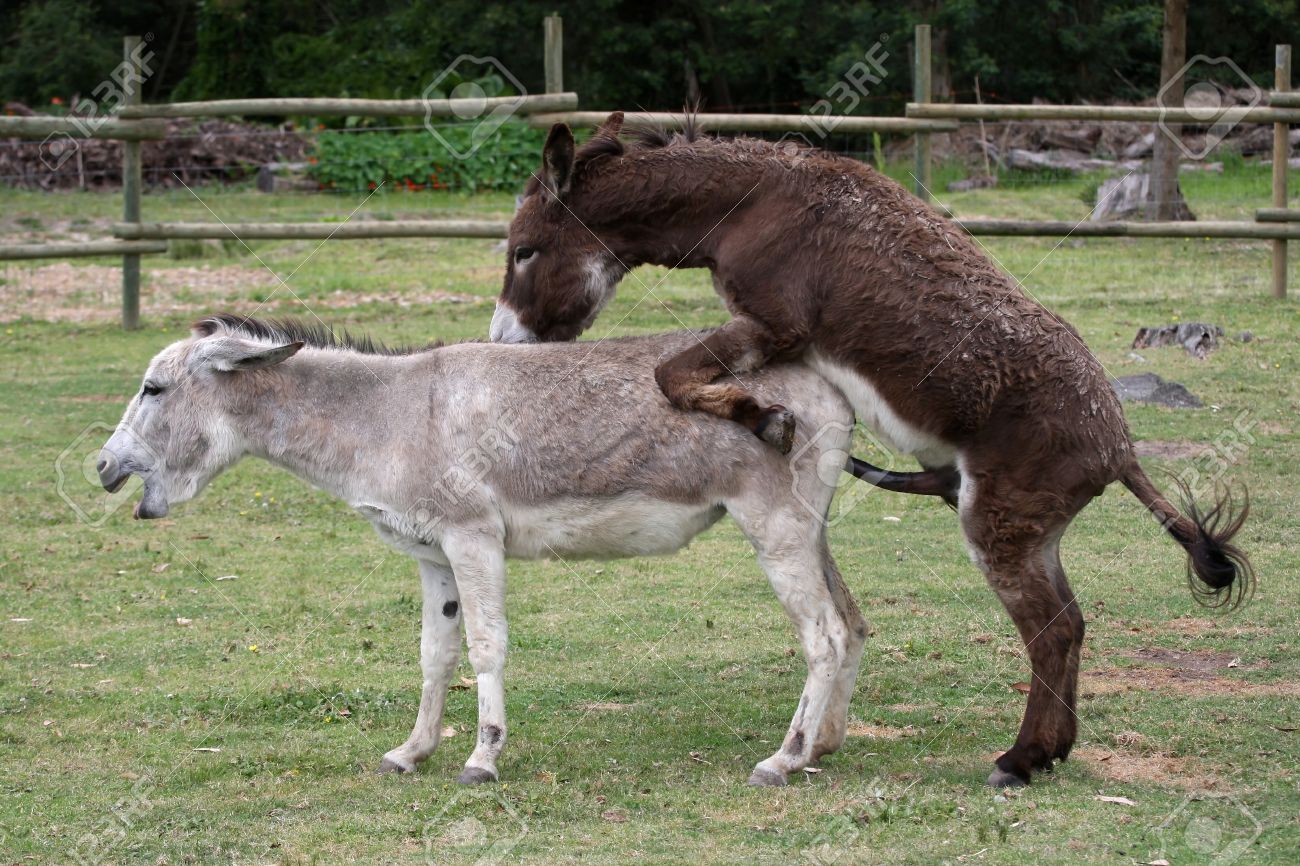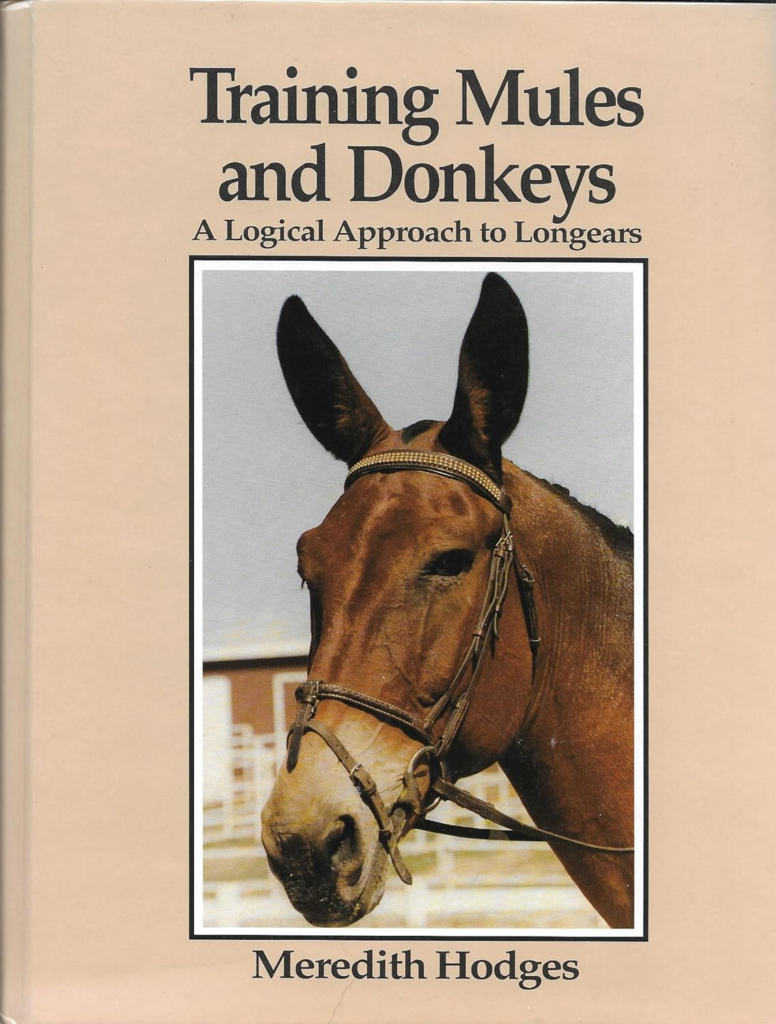Donkeys mate with horses to produce a hybrid offspring called a mule or a hinny. Donkeys and horses can reproduce, resulting in a mule or hinny as their offspring.
Donkeys and horses, though distinct species, share a remarkable ability to interbreed, resulting in unique hybrid offspring known as mules and hinnies. This fascinating crossbreeding combines the strengths of both animals, producing hybrids valued for their endurance, strength, and versatility.

Understanding Donkey-Horse Hybrids

The primary hybrids resulting from donkey-horse mating are:
Mule: Produced by mating a male donkey (jack) with a female horse (mare). Mules inherit the size and speed of horses and the strength and endurance of donkeys.
Hinny: Resulting from a male horse (stallion) mating with a female donkey (jenny). Hinnies are generally smaller than mules and resemble donkeys more closely in appearance.
Genetic Compatibility and Fertility
Despite belonging to the same genus, Equus, donkeys and horses have different chromosome counts—donkeys have 62 chromosomes, while horses have 64. Their hybrid offspring inherit 63 chromosomes, an odd number that typically leads to sterility. This chromosomal mismatch prevents the proper pairing necessary for successful reproduction, making most mules and hinnies infertile.
Physical and Behavioral Traits
Mules and hinnies exhibit a blend of characteristics from both parents:
Strength and Endurance: Inherited from donkeys, these hybrids are known for their hardiness and resilience, making them excellent working animals.
Size and Speed: Traits from the horse parent contribute to a larger stature and enhanced agility compared to purebred donkeys.
Temperament: Mules often possess a cautious and intelligent nature, combining the horse’s spiritedness with the donkey’s steadiness.
Historical and Practical Significance
Throughout history, mules have been prized for their ability to perform arduous tasks, especially in agriculture and transportation. Their sure-footedness and stamina make them ideal for navigating rugged terrains where horses might struggle. Hinnies, while less common due to breeding challenges, share many of these valuable traits.
Ethical Considerations
The intentional breeding of donkeys and horses raises ethical questions, particularly concerning the welfare of the animals and the implications of producing sterile offspring. It’s essential for breeders to consider the health, well-being, and purpose of these hybrids, ensuring that their creation serves a meaningful and humane role.
Conclusion
The crossbreeding of donkeys and horses to produce mules and hinnies showcases the intriguing possibilities within the animal kingdom. These hybrids embody a unique combination of traits from both parents, resulting in animals that are both functional and fascinating. Understanding the biology, characteristics, and ethical considerations of donkey-horse hybrids offers valuable insights into the complexities of genetics and species interaction.


